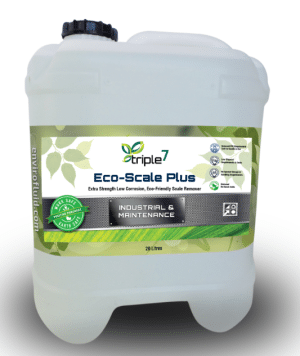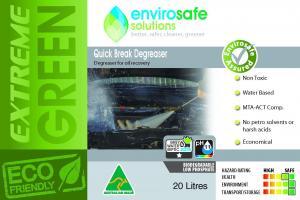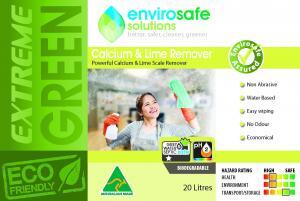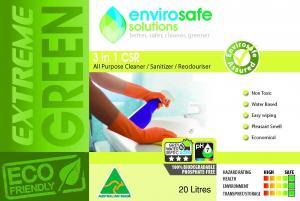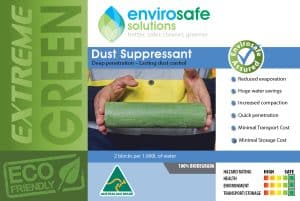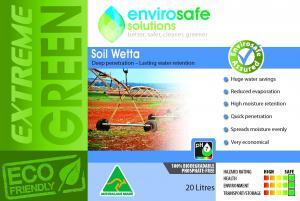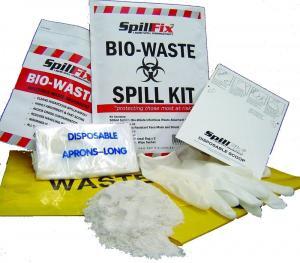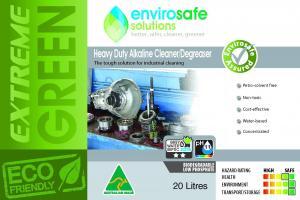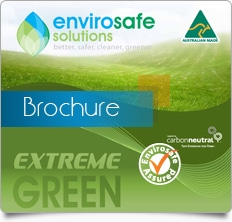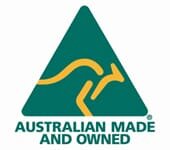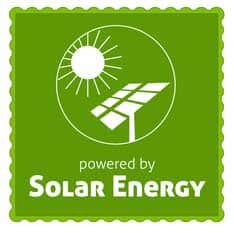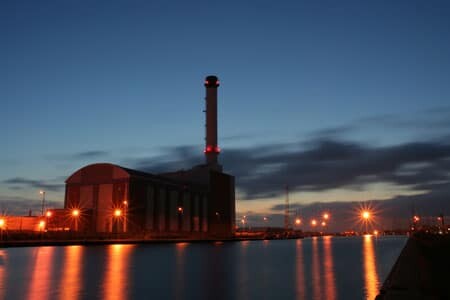 Australia’s great gold rush of the 1850s saw it produce one third of the world’s gold. In little more than a decade, coal seam gas mining has become the nation’s latest mining boom. Queensland and New South Wales are in the grips of a fierce debate over this relatively new industry.
Australia’s great gold rush of the 1850s saw it produce one third of the world’s gold. In little more than a decade, coal seam gas mining has become the nation’s latest mining boom. Queensland and New South Wales are in the grips of a fierce debate over this relatively new industry.
Coal seam gas mining has grown at a phenomenal speed over the past decade.
The controversy surrounding mining operations down the Queensland and New South Wales coastline has been extreme. Green activists have joined farming communities to protest the impact of the mining method on groundwater tables, pollution and the disposal of non-environmentally-friendly liquid waste.
Fracking water
A major concern has been the impact of coal seam gas water extracted during the fracking process (where water, sand and chemicals are forced underground to release trapped methane). Queensland authorities have been forced to investigate the disposal of non-eco-friendly industrial liquid waste into the Condamine River.
It granted permission to Origin Energy and ConocoPhillips to release water from its coal seam gas operations into the river. The water comes from a desalination plant servicing coal seam and natural gas plants.
It has been reported the treated coal seam gas water was a non-eco-friendly liquid product containing chemicals and heavy metals at levels considered toxic to animals, plants and microorganisms.
Groundwater
Groundwater pollution and overuse has concerned agricultural communities – it has been reported the coal seam gas industry draws 300 gigalitres of water from the ground each year.
There has also been debate over the rights of farmers to block access to miners, with talk on all sides of politics for legislation to protect landholders.
Miners
The mining sector has maintained that coal seam gas mining offers a greener energy choice. Its ‘We Want CSG’ website claims the message from green revolution proponents is misleading and that:
- Coal seam gas produces 70 per cent less emissions than coal;
- Hydraulic fracturing (fracking) is a process which has been safely used around the world for more than 60 years;
- Queensland and NSW have banned the use of chemicals benzene, tolulene, ethylbenzene and xylenes in fracking.
Debate over coal seam gas mining has been heated and environmental impacts include depleting groundwater levels and pollution from non-environmentally friendly liquids.
Yet the industry has defended its environmental performance, claiming coal seam gas offers a greener energy option which produces significantly less greenhouse gas emissions than coal.
Monitoring and reducing harmful environmental impacts will be critical to the sustainability of this fast-growing industry. Reducing the use of harmful chemicals at mining sites can improve performance while preserving valuable water and soil resources. For information on the Extreme Green range of eco-friendly liquid products available from Envirosafe Solutions’ contact 1300 88 90 70 or email info@evss.com.au.
Sources:
http://www.climatespectator.com.au/news/bligh-bans-urban-csg-mining-abbott-throws-debate-back-states
http://www.abc.net.au/news/2011-11-24/coal-seam-gas-by-the-numbers-map/3664318
http://www.miningaustralia.com.au/news/Allegations-unfit-CSG-water-was-dumped-in-river









